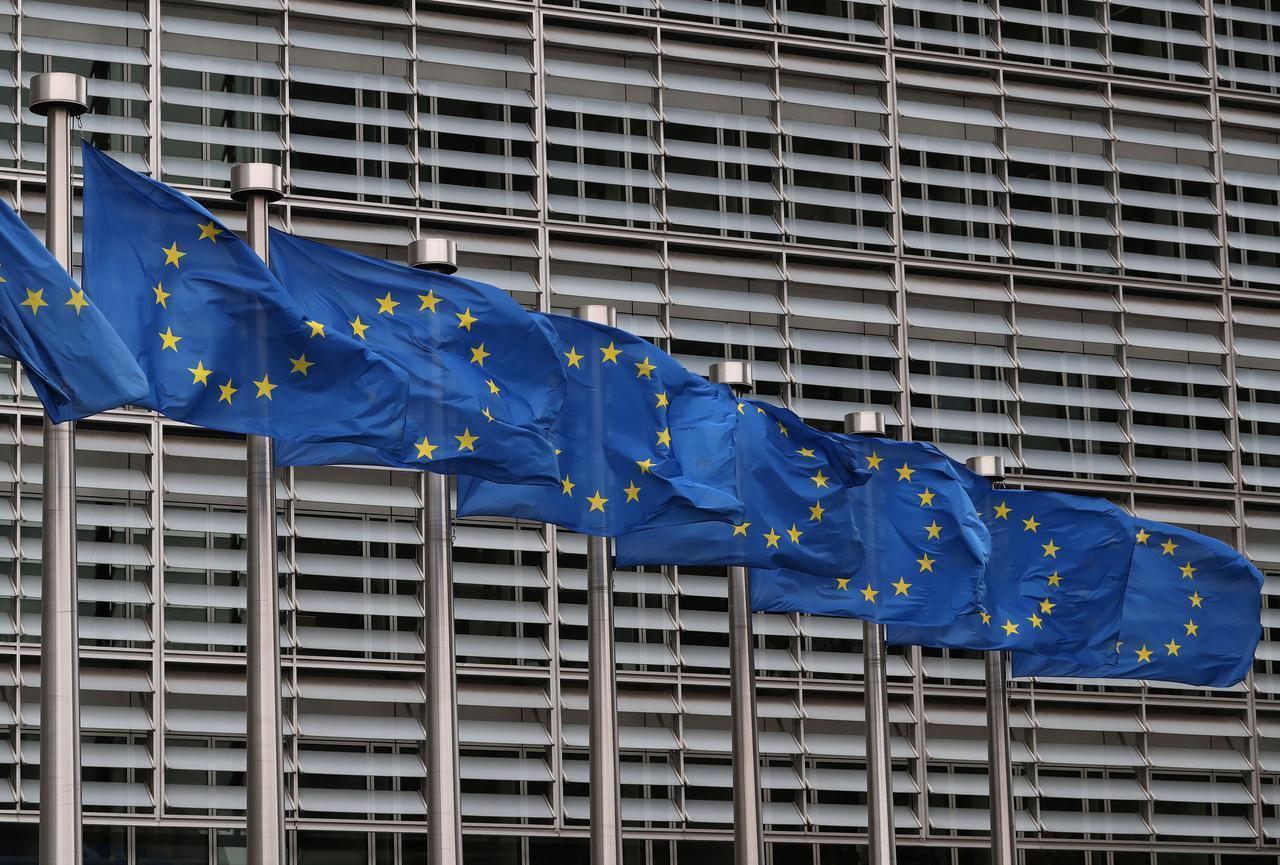
You will debate relations with Turkey in the Special European Council on Oct. 1-2. From the remarks of EU High Representative Mr. Josep Borrell, I have gathered that restrictive measures and targeted sanctions against Turkey may be on the cards in this meeting. As a staunch supporter of Turkey’s EU accession process and advocate for its EU membership, I would advise against the adoption of further sanctions against Turkey. In fact I would call for a transformative action on the part of the European Council that would open a new era in Turkey-EU relations and in regional security.
The adoption of sanctions against Turkey, a candidate country and customs union partner, would be counterproductive and would only serve to create antagonism. More sanctions would not decrease the willingness of the Turkish government to fight against what it sees as unjust and unlawful attacks on its sovereign rights but on the contrary, it would increase the government’s resolve and determination. A second effect would be to further damage Turkey-EU relations and place one more nail in the coffin of Turkey’s prospect of EU membership.
As the representative of a Turkish NGO, I would like to strongly emphasize the point that the EU can and should play a very important role in de-escalating the situation and starting a process of resolution of disputes regarding territorial waters and maritime zones in the region. After all, while Greece and the Greek Cypriot administration are member states of the EU, Turkey is a close ally, NATO member, candidate to join the EU and a customs union partner.
The EU is in a unique position to be equidistant to all parties and act as an honest broker. Putting pressure on one side and expecting Turkey to make concessions on the issue is neither fair nor effective. It only reminds me of the EU’s approach to the Cyprus question back in the early 2000s. The Helsinki European Council of 1999 noted that the EU supported U.N.-backed plans for the reunification of Cyprus, however, a resolution of the dispute would not be a precondition for its membership to the EU. Afterwards, while Turkey asserted its strong support for a U.N.-backed resolution of the Cyprus question and the Turkish Cypriots ratified the Annan Plan in a referendum, it was the Greek Cypriots who entered the EU without accepting the U.N. plan. Hence, by putting the onus of contributing to a solution of the Cyprus issue only on the Turkish side, the EU missed a valuable opportunity to solve the decades-long conflict.
The Cyprus conflict continues to create a problem for regional security as well as the bilateral dispute between Greece and Turkey over territorial waters and maritime zones in the Aegean. The EU now has a second and precious opportunity to assume responsibility for the stability and security of wider Europe and take action for an equitable and just resolution of the issue. For this to happen, I would propose three important steps:
1-Engage with Turkey: Turkey is essential for European security and a key player in the regulation of many critical issues such as irregular migration and fight against terrorism. Relations are at a stalemate at the moment and even getting worse by the minute. Turkey had shown that it aimed to converge towards EU values, adopt the EU acquis and become a member of the EU by accepting candidacy in 1999 and working to fulfil the Copenhagen criteria. In parallel with the stumbling of Turkey’s accession process, Turkey experienced several problems in its internal governance coupled with geopolitical crises such as the Arab spring events. While the EU harshly criticized Turkey for moving away from Europe, it did make an effort to draw Turkey closer. It is now time to act and engage with Turkey. Engagement could start with talks on the modernization of the Customs Union and continue with accession negotiations.
2-Support dialogue and talks between Greece and Turkey: The dispute over the Aegean can only be resolved through negotiations between Greece and Turkey. However in order for such a process to bear results, the EU should be equidistant to both parties and accept Turkey’s legitimate claims in the Aegean. A look at the map would make one instantly understand that Greece cannot extend its territorial waters to 12 nautical miles without infringing upon Turkey’s coastal waters. A solution which is suitable for the specific situation in the Aegean should be found and supported by the EU.
3-Support a solution to the Cyprus question: The EU until now has accepted only the Greek Cypriots as the legitimate representatives of Cyprus. The last attempt to find a solution failed in U.N.-sponsored talks in Crans Montana. It should be seen that under the present circumstances the Greek Cypriot administration does not have any interest in finding a solution to the Cyprus problem and ending the isolation of Turkish Cypriots. The EU is in a unique position to call for a renewed attempt to bring the parties together for a lasting solution. The continuation of the frozen Cyprus conflict prevents regional dialogue and resolution of other international issues such as delimitation of exclusive economic zones (EEZs) and maritime boundaries.
As a representative of an NGO, I believe in the European future of Turkey and that you are Turkey’s friends and will act in the best interests of both the EU and Turkey.
*Ayhan Zeytinoğlu is the chairman of the Economic Development Foundation (IKV). This is an open letter to the leaders of EU member states.